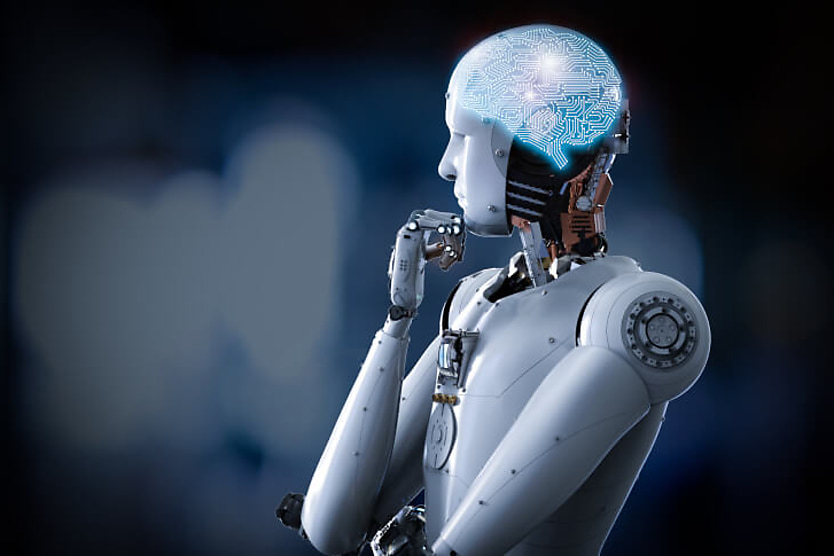
What was first looked upon with resentment is beginning to grow in favour for Aussie jobseekers who are now confident in the trustworthiness of AI recruitment processes.
As days go by, AI continues to integrate into every workplace process. This was rightfully looked upon with distrust by workers as the technology is far from being fool-proofed, yet more and more are forming belief in the technology as a trustworthy tool.
A new study by Capterra has revealed that a divide is growing between the perceived fairness of AI and the need for a human touch in recruitment. According to the research, 64 per cent of Australian jobseekers believe they have a better chance of being hired if AI is used in recruitment, with 74 per cent perceiving AI as being less biased than human recruiters when evaluating candidates.
Although this support is an uptick from previous connotations, 44 per cent may opt to reject an offer from companies that excessively rely on AI and lack a human touch.
Andrew Blair, an analyst at Capterra, said: “The findings tap into a growing debate within HR circles about whether AI is truly the antidote to unconscious human bias or if it merely replicates these biases in more systematic ways.
“While many jobseekers trust AI’s perceived neutrality, the study reveals a tension between the benefits of AI in creating fairer hiring processes and the desire for human connection.”
Among younger workers, the perception of A- integrated recruitment processes is very mixed. While 70 per cent of younger jobseekers aged below 44 are open to the use of AI in recruitment, they are also the most likely to reject a job offer for the same reason.
“Younger jobseekers, in particular, appear open to AI’s involvement but remain wary of its overuse, suggesting a need for a balanced approach that combines the efficiency of AI with the empathy of human recruiters.
“This tension highlights the evolving expectations of candidates. It raises critical questions about how recruitment strategies should adapt to effectively integrate AI without losing the personal touch that builds trust and engagement,” said Blair.
How the AI is implemented in the process is crucial. According to the research, jobseekers are increasingly aware of AI interactions; therefore, it doesn’t take long for them to abandon their applications if they feel the experience is impersonal or biased.
Capterra believes it is an ethical necessity for companies to be transparent about their AI use, despite the lack of lawful regulation that organisations must abide by. Fifty per cent of Aussie jobseekers said they are more likely to apply for a job if the job application clearly states when AI is used and what data is collected.
Above all else is that AI is intertwined with human touch. Sixty-six per cent of jobseekers are more likely to apply for a position if they can speak with a human at any stage of the application process, and 59 per cent prefer applications that clearly state that human agents make all hiring decisions.
At the end of the day, for recruiters and Aussie organisations, it’s about getting that balance right between AI integration and human touch.
RELATED TERMS
The practice of actively seeking, locating, and employing people for a certain position or career in a corporation is known as recruitment.
Kace O'Neill
Kace O'Neill is a Graduate Journalist for HR Leader. Kace studied Media Communications and Maori studies at the University of Otago, he has a passion for sports and storytelling.










